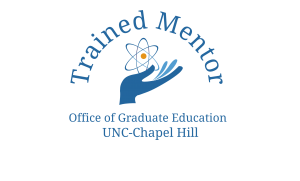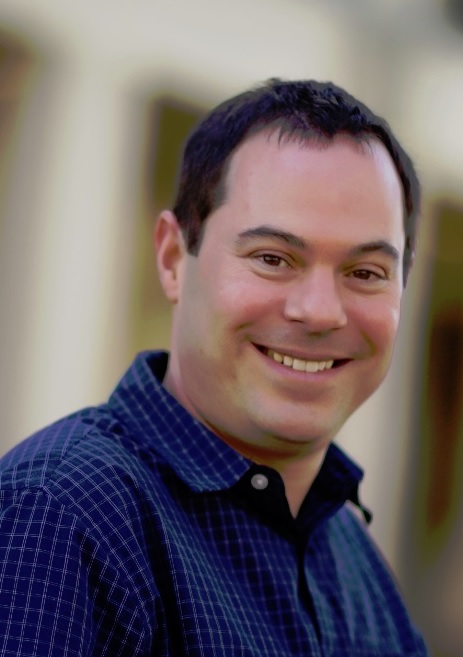Associate Chair of Transition & Planning
Oliver Smithies investigator, Professor
Equity and Inclusion Committee Member
Faculty Director, UNC High-throughput Peptide Synthesis and Array Facility
Co-Director of Chromatin and Epigenetics Program
(PhD – NC State University)
ACCEPTING STUDENTS
HONORS & AWARDS
- UNC Excellence in Basic Science Mentoring Award, 2019
- UNC Oliver Smithies Investigator, 2018
- NIH Maximizing Investigators’ Research Award (MIRA), National Institute of General Medical Sciences, 2018
- Philip & Ruth Hettleman Prize, 2009
- NIH Exceptional, Unconventional Research Enabling Knowledge Acceleration (EUREKA) award, 2008
- Jefferson-Pilot Fellow in Academic Medicine, UNC, 2006
- North Carolina State University Outstanding Alumnus Award, 2005
- Schering-Plough Research Institute Award, 2004
- Presidential Early Career Award for Scientists and Engineers (PECASE), 2003
- Pew Scholar (Pew Scholars Program in the Biomedical Sciences), 2003
RESEARCH
Eukaryotic genomes are packaged into the nuclei of cells through the actions of histone proteins. These proteins not only play a role in condensing the genome but are fundamental to establishing and maintaining chromatin domains such as euchromatin and heterochromatin. Our lab is addressing how chromatin organization achieved and what factors make the underlying DNA permissive to the protein machineries that drive transcription, replication, recombination, and repair. A large body of work shows that histone post-translational modifications are central to the regulation of chromatin structure and function. These modifications, which include acetylation and methylation, decorate histones and function, at least in part, by recruiting chromatin regulatory proteins to the sites of these modifications. Current efforts are aimed at understanding how histone modifications are installed and removed, and how they are interpreted to regulate genome function.
SELECTED PUBLICATIONS
Lab Contact
3060 Genetic Medicine
CB #7260
Chapel Hill, NC 27599
Office Phone: 919.843.3896 Lab Phone: 919.843.3935


